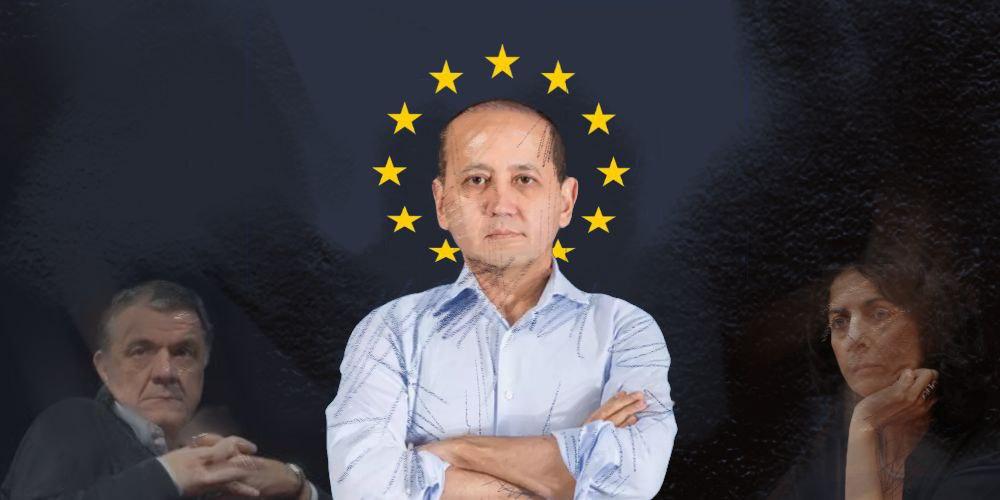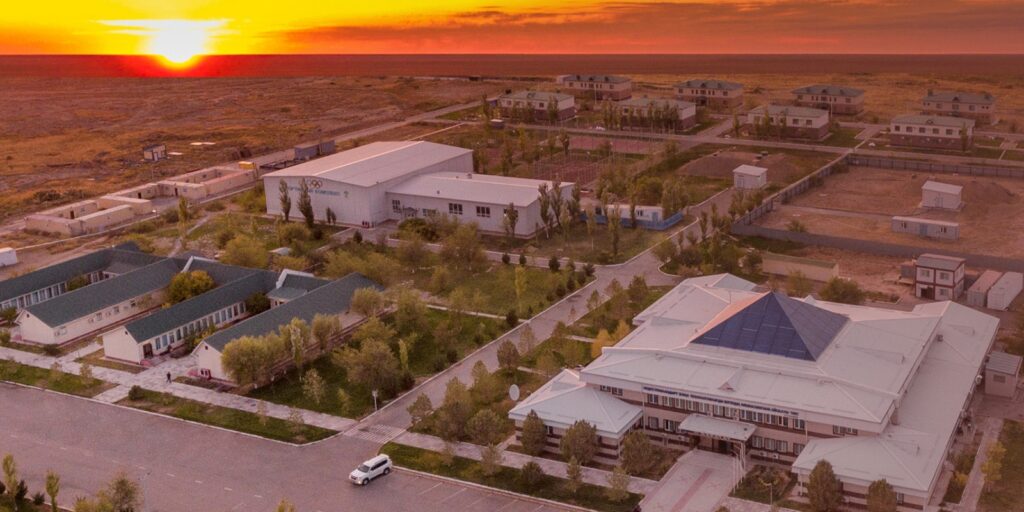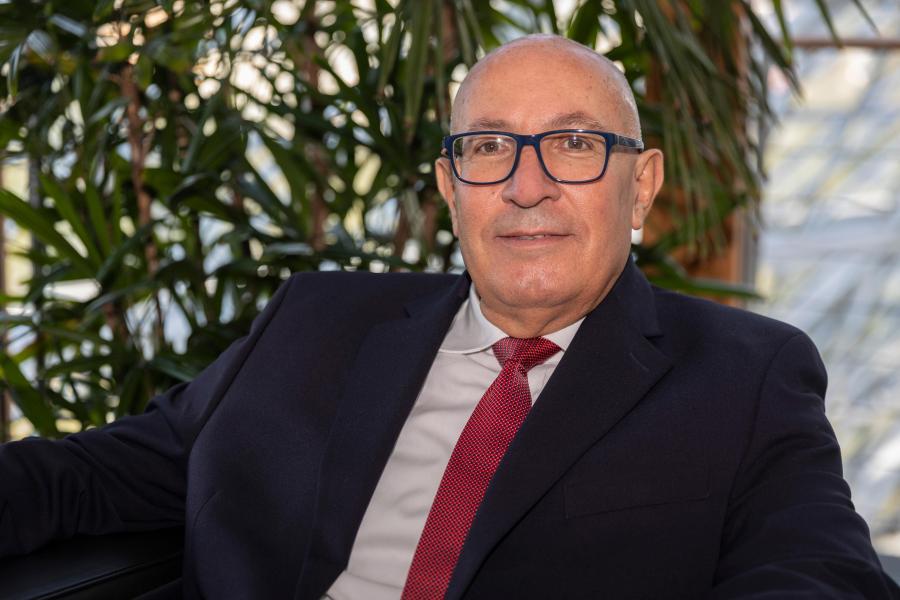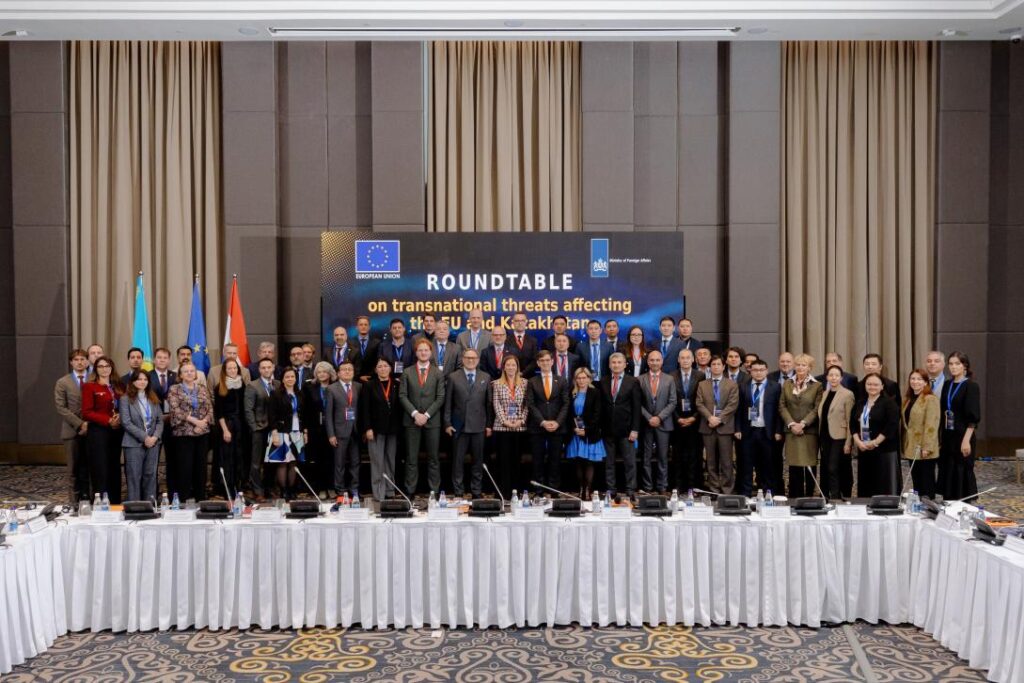Eduards Stiprais Appointed New EU Special Representative for Central Asia
The Council of the European Union has appointed Eduards Stiprais as the new EU Special Representative for Central Asia. Stiprais will assume his duties on March 1, 2025, with an initial two-year mandate, succeeding Terhi Hakala. According to the European Council, Stiprais will be responsible for promoting EU-Central Asia relations based on shared values, strengthening regional stability and cooperation, and supporting democracy, the rule of law, good governance, and human rights. A seasoned Latvian diplomat, Stiprais previously served as Latvia’s Permanent Representative to the EU and as Deputy State Secretary - Political Director at the Latvian Ministry of Foreign Affairs. From 2016 to 2020, he was Head of the EU Delegation to Uzbekistan and has also served as Latvia’s ambassador to the United Kingdom and France. The European Council recently announced that the first-ever EU-Central Asia summit will be held in Uzbekistan on April 3-4. The summit will be attended by European Council President António Costa, European Commission President Ursula von der Leyen, and the presidents of Kazakhstan, Kyrgyzstan, Tajikistan, Turkmenistan, and Uzbekistan. As EU-Central Asia relations gain strategic significance, the upcoming summit presents a key opportunity for the EU to deepen its engagement in the region. The European Council stated that discussions will focus on enhancing cooperation in transport and digital connectivity, critical raw materials, economic and security collaboration, and energy transition. The EU adopted a new Strategy on Central Asia in 2019. The EU remains Central Asia’s second-largest trading partner and the leading investor, accounting for over 40% of foreign investment in the region.






